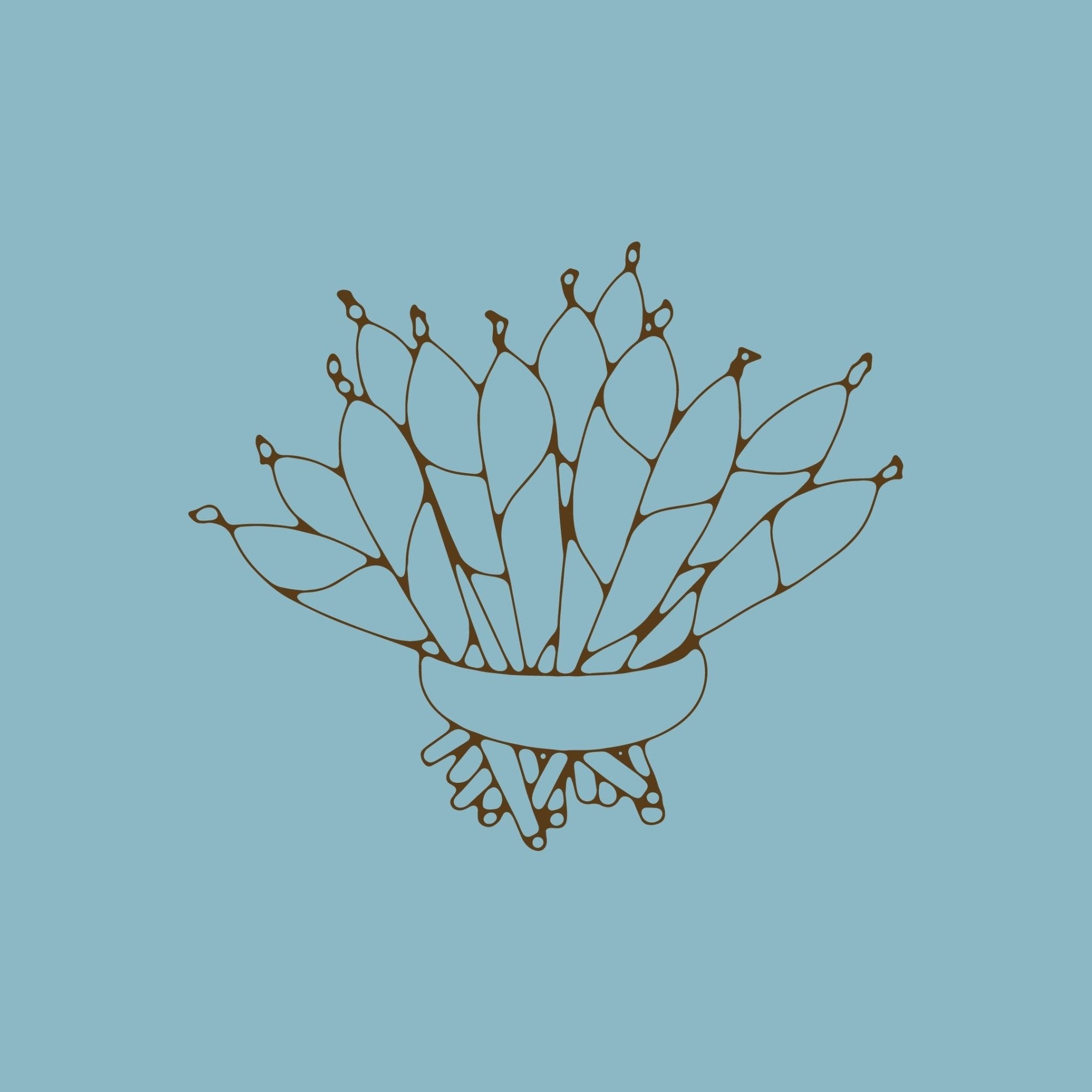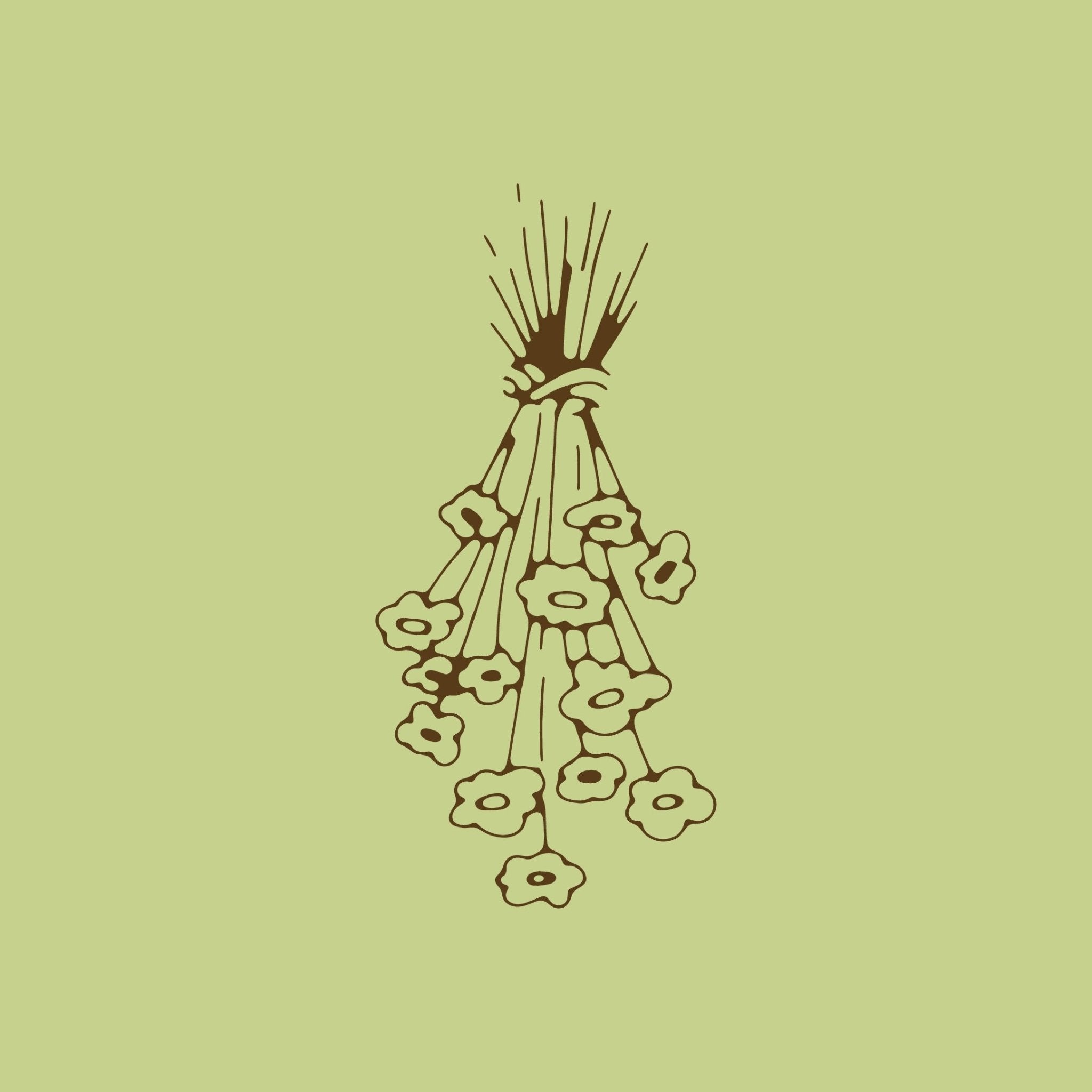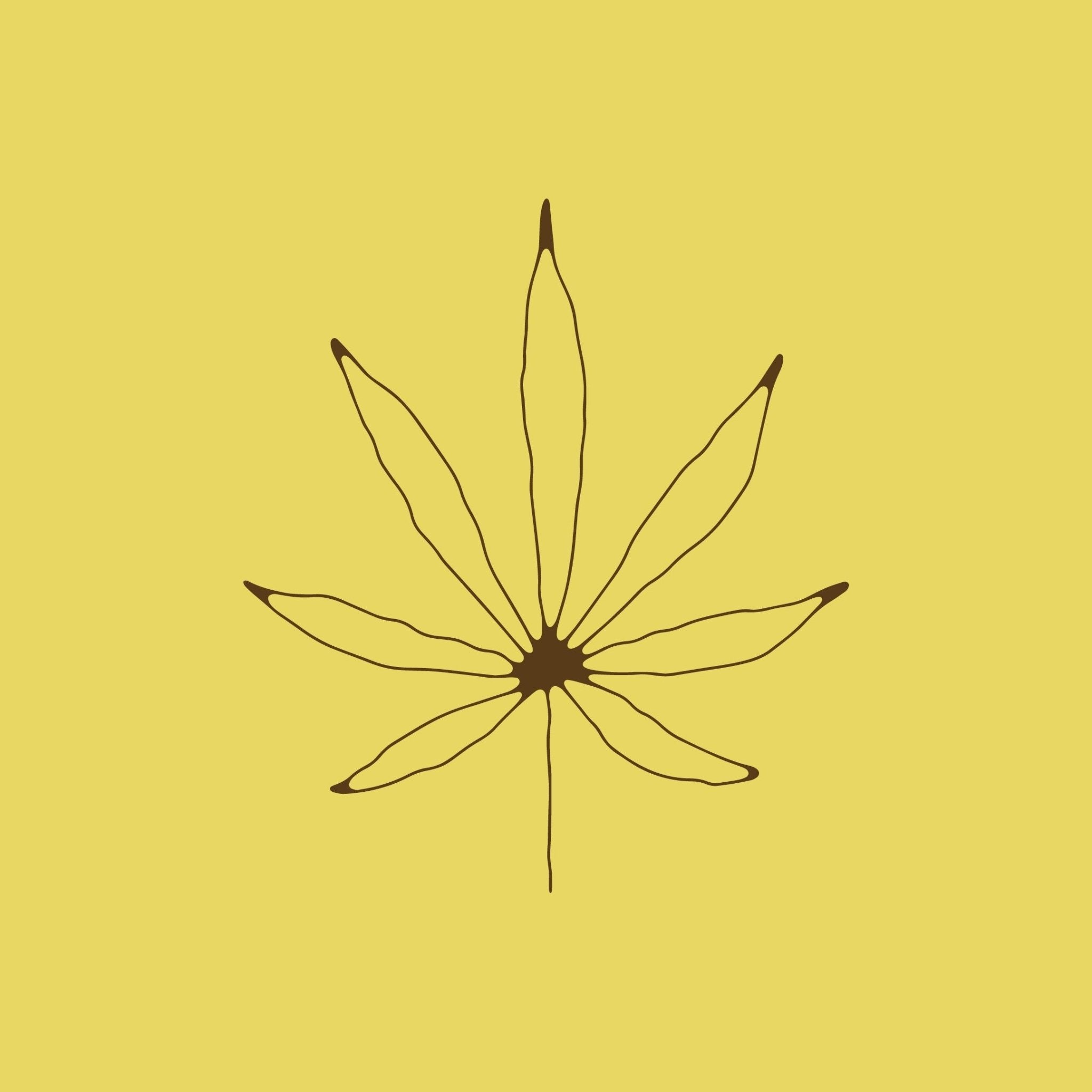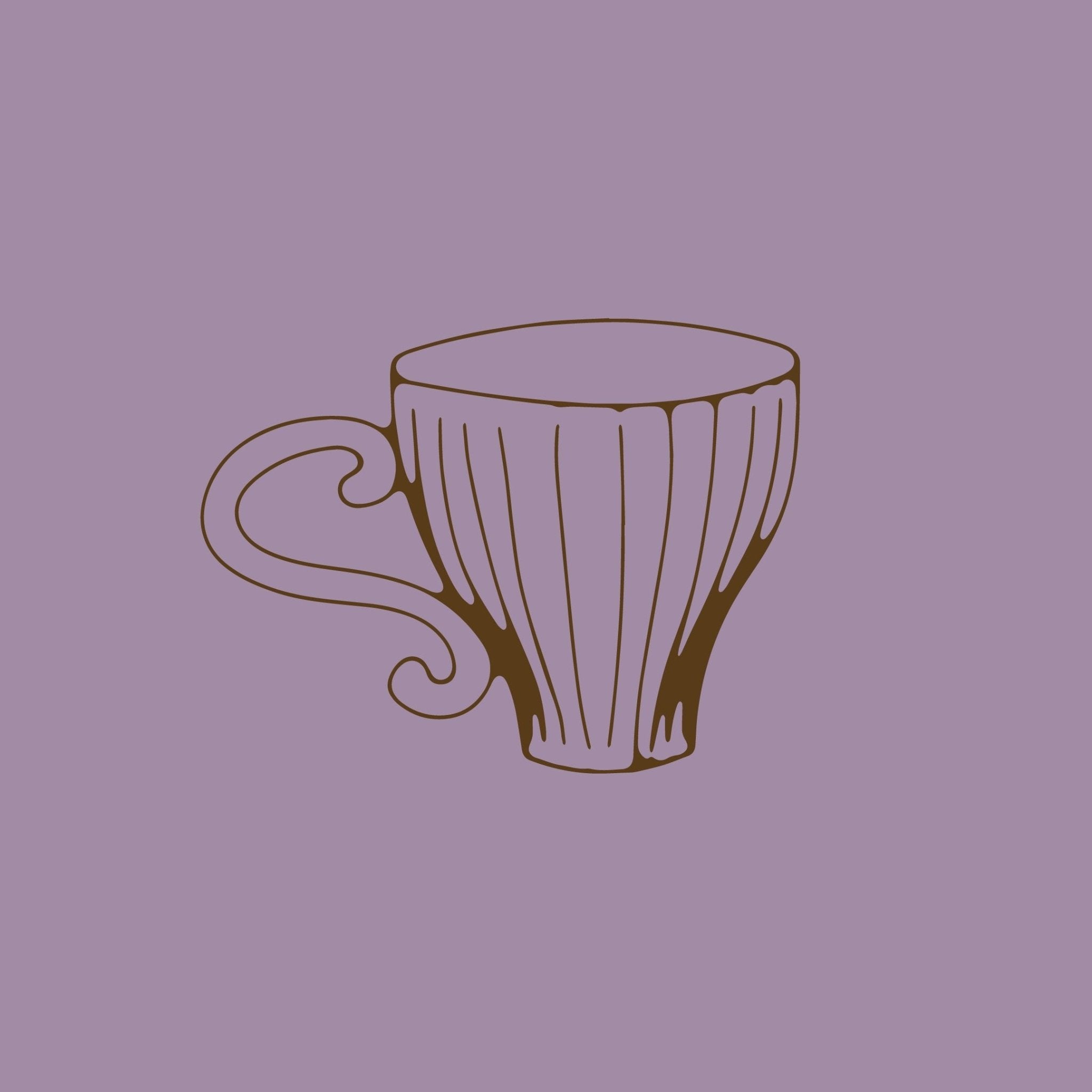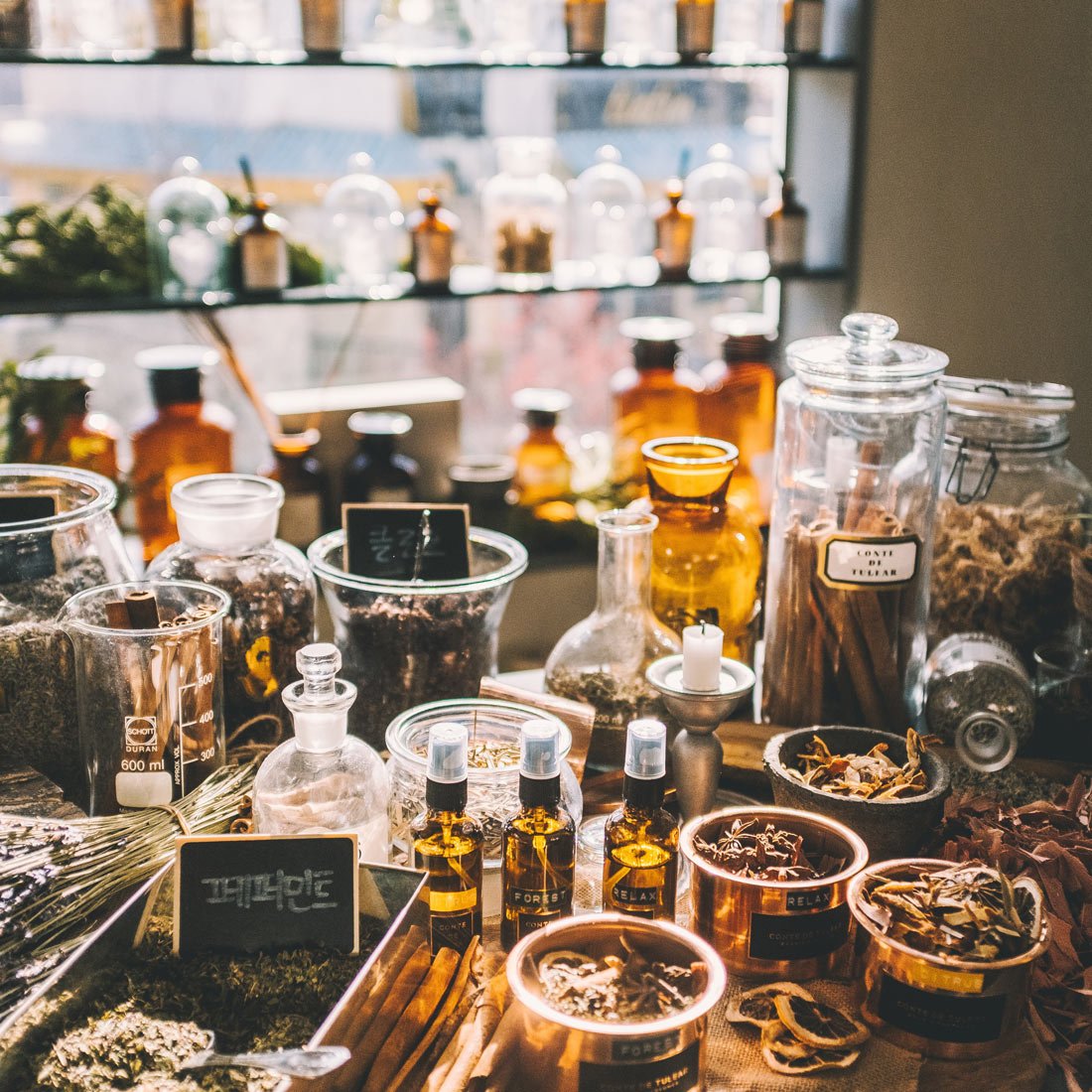

What Your Tongue Says About Your Health
I saw a Traditional Chinese Medicine Doctor, Here’s What Happened.
Never have I ever been to a Chinese herbalist or seen a Traditional Chinese Medicine (TCM) doctor. As someone who is both Chinese and owns a botanical company, this seemed long overdue.
What Is Traditional Chinese Medicine?
There’s a lot to write about Traditional Chinese medicine, but for me, it boils down to balance. Our lifeforce, or Qi (pronounced like CHEE), is the balance of yin and yang – opposite and complementary forces. An imbalance causes illness and disease. Johns Hopkins does a great job of consolidating what TCM is. They state that it is believed that to regain balance, you must achieve the balance between the internal body organs and the external elements of earth, fire, water, wood, and metal.
There are many elements and treatments that fall under the TCM umbrella, but I was specifically interested in tongue and Qi reading. My curiosity about TCM began where all great questions are born: TikTok. I watched a video about how your tongue is the only internal organ that can be seen externally, providing insight into the rest of your internal organs.

The Process:
Sitting across a plexiglass divider, Dr. Mao first asked me to fill out a simple questionnaire: name, age, and symptoms.
He then took my pulse, but in a way that no western medicine doctor had ever taken my pulse before. With two fingers, he gently felt my wrist in three or four different places, and on both wrists. He then asked to look at the top and bottom of my tongue. Next, he took my blood pressure. He asked quite a few questions ranging from how long I had been experiencing each symptom, questions regarding the severity of each symptom, my sleep habits, my bowel movement frequency, urination and sweating tendencies, and any medications or treatments I might already be doing.
The Prognosis:
She is stressed and depressed, hunee. My tongue was red underneath, which indicates urinary and skin imbalance. I hadn’t even listed these on my intake form, yet as soon as he said it I realized I have been experiencing both of these symptoms for years. The top of my tongue had a thin white coating with ridged indents on the sides which are indents from my teeth. This indicates a Qi is deficient resulting in depression, anxiousness, fatigue, and low appetite. According to Dr. Mao my heart rate and blood pressure were too high. His prognosis was that I was far too stressed for someone my age. He then began work on his tea formulation.
The Treatment:
I then went downstairs to the herbal shop where three women made my customized tea (I’ve listed the ingredients below). I was given 3 bags of tea. Each bag makes 4 cups of tea, and it was recommended to drink 2 cups of tea a day for 6 days. The brewing process was quite complicated for tea and took about an hour to fully brew. Dr. Mao told me that the tea would “taste terrible”, and he was correct in that statement. The taste was strong, bitter, and smelled of pungent earthy broth. The bitterness though is what comes through most. It’s a dark, murky, green brownish color. If anyone has seen a water bottle of Willamette River water, it’s kind of like that. The bitterness was REAL, fam. I made a honey simple syrup (1 tablespoon honey to 1 cup boiling water) to mix with the tea in order to drink my daily doses. Each cup ended up being about a 50/50 mix between tea and honey syrup with a splash of water to further dilute the mixture.
My Reflections:
Having my symptoms be so confidently pointing to stress was both slightly embarrassing and needed to be heard. I was embarrassed that the stress I thought I was expertly hiding was in fact quite obvious. Yet, I had not connected the dots of how stress was impacting me physically. My heart rate and blood pressure are tangible measurements of health, and right now, I am not healthy. Not to mention the mental health challenges caused by stress.
After doing a little research on each herb, several of them were used to treat “dampness”. Of course, leave it to the Pisces to be a bit too soggy. For me, I really resonate with our daily aspirations for balance. That search for balance was a big motivator for Valarie and me in creating Barbari. I connect with this idea of finding harmony with the matter of the universe because I am a part of that matter. My heart rate is high from being stuck in autopilot on fight or flight mode. In the week following this appointment, I thought a lot about times in my life when I didn’t feel like I was in this survival, fight or flight state. Although being an entrepreneur for the last four years has been stressful, the truth is that I was showing these signs of stress long before I was an entrepreneur. In fact, I first began showing these signs of stress around the age of nine when my home became more turbulent. Yet, although I’ve built a high stamina for stress, having a constantly high heart rate is causing low energy – or an imbalanced Qi.
So did the tea work? To be honest, I am not sure yet. I haven’t had my follow up appointment with Dr. Mao yet to get his read on the tea’s effectiveness. However, this was a bit of a wake-up call for me to make some different choices about how I think about and manage stress. Is there a magic tea that will cure all of our imbalances? Probably not. However, it opened up a perspective about myself and my connection to all things that I had been hiding from. In combination with many of the other energy-aligning practices of TCM such as movement and meditation, I am starting to feel like there’s hope for me yet. Hope is a big win for someone with depression, so I’ll take it one bitter teacup at a time.

Meryl’s "Drying Out" Tea
Ligusticum chuanxiong - Ligustrazine is a bioactive component contained in Chuan Xiong, a dry rhizome of Ligusticum chuanxiong, which is traditionally used in Chinese medicine for the treatment of cardiovascular diseases, headache, and vertigo.
Yuan Zhi - Yuan-Zhi decoction (YZD) is a traditional Chinese medicine (TCM) formulation that is used to treat cognitive dysfunction
He huan pi - He Huan Pi resides in the category of "herbs that nourish the heart and calm the spirit." “happiness bark”
Zhu ru - Bamboo benefits include promoting mental and emotional calmness, supporting a calm and clear chest and lungs, and supporting healthy urinary tract function.
Chen pi - Chen Pi is a drying herb that directs the Qi downward and helps remove obstruction in the Middle Burner by Phlegm-Dampness
Ban xia - one of the most important herbs in Chinese medicine for drying dampness and transforming cold phlegm
Fu ling - It is associated with the Heart, Spleen, Lung, and Kidney meridians. Among its functions, expels dampness, invigorates the spleen, relaxes the mind, and replenishes the middle jiao. It is often combined with other herbs to create larger formulas used to treat conditions ranging from dysuria and edema to insomnia.
Dang shen - Chinese herbs for chronic illnesses with fatigue, diarrhea and vomiting, chronic cough and shortness of breath.
Chai hu - a pungent and neutral herb and it is the strongest herb of the three for dispersing the Liver-Qi. It can be used to treat hypochondriac pain and distension, emotional disturbance, irritability, and depression
Zhi ke - used to move the qi, soothe the middle energizer and chest, and relieve distention.
Bai zhi - Reduces swelling, eliminates toxins, and expels pus. Early-stage superficial sores, boils and carbuncles, pruritis
Chao zao ren - effective for improving sleep quality and sleep efficiency among methadone-maintained patients with sleep complaints
Tian ma - traditionally used for the treatment of headache, dizziness, spasm, epilepsy, stroke, amnesia, and other disorders for centuries.
Bia shao - also known as Chinese peony, is a TCM formulation used to treat inflammatory disorders.
Shan yu rou - For dizziness, dizzy vision, lumbar soreness, and tinnitus due to the liver and kidney yin deficiency
Wu wei zi - Use for deficiency of lung, spleen, and Wei Qi. Also for Heart and Lung Qi deficiency. It is useful as a qi tonic and preventative in the aging population, especially for those recovering from illness or easily susceptible to illness, who have difficulty sleeping, restlessness, and low and soft voice.
Bai zhu - strengthen the function of the Spleen, dry the dampness in the Middle-Jiao and enhance the ability of herbs that remove the accumulation.
Yi ren - Facilitates the resolution of dampness and strengthens the Spleen: for edema, diarrhea, leg qi, painful urinary dribbling, and damp-warmth.
Fang feng - Fang Feng was traditionally used as a remedy for constipation, suppression of urine, mental disorders, delirium, and hallucinations. Today, it's hailed for its many other benefits and its positive impact on the liver and the spleen
Ba ji tian - Ba ji tian might help treat depression by increasing the effects of serotonin, a chemical found in the brain. Also, ba ji tian contains chemicals that might reduce inflammation and regulate levels of hormones or other chemicals in the body.
Gan cao - Tonifies the Spleen and augments Qi.
Share:

